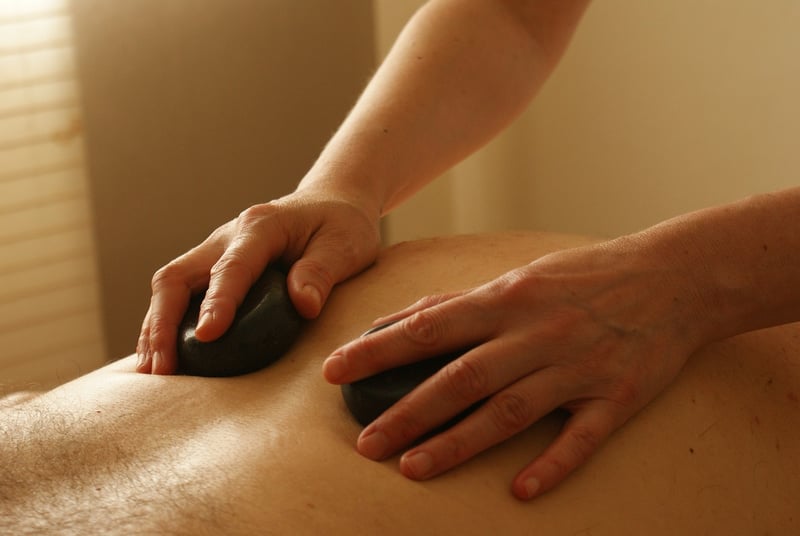Relaxation Techniques
Optimize Your Rest & Relaxation Techniques
In today's fast-paced world, finding time to rest and relax is crucial for maintaining overall well-being. Incorporating effective relaxation techniques into your daily routine can help reduce stress, improve sleep quality, and boost your mental and physical health. Here are some tips to optimize your rest and relaxation:
1. Deep Breathing Exercises
Deep breathing exercises can help calm your mind and relax your body. Practice deep breathing by inhaling slowly through your nose, holding your breath for a few seconds, and exhaling through your mouth. Repeat this process several times to reduce stress and anxiety.
2. Mindfulness Meditation
Engaging in mindfulness meditation can help you stay present and focused. Find a quiet space, sit or lie down comfortably, and focus on your breath or a specific mantra. This practice can enhance relaxation and promote mental clarity.
3. Progressive Muscle Relaxation
Progressive muscle relaxation involves tensing and then relaxing each muscle group in your body. Start from your toes and work your way up to your head. This technique can release physical tension and induce a state of deep relaxation.
4. Engage in Physical Activity
Regular exercise is a great way to reduce stress and improve sleep quality. Whether it's going for a walk, practicing yoga, or engaging in a sport, physical activity can help release endorphins and promote relaxation.
5. Create a Relaxing Environment
Set up a calming environment in your home by decluttering, using soothing colors, and incorporating elements like candles or essential oils. Creating a peaceful space can enhance your relaxation experience.

6. Practice Gratitude
Cultivating a sense of gratitude can shift your focus from stress to appreciation. Take time each day to reflect on things you are thankful for, whether it's your health, relationships, or simple pleasures. Practicing gratitude can promote relaxation and positivity.
7. Limit Screen Time Before Bed
Avoiding screens such as smartphones, tablets, and computers before bedtime can improve your sleep quality. The blue light emitted by screens can disrupt your circadian rhythm, making it harder to relax and fall asleep. Instead, engage in calming activities like reading or listening to soft music.
8. Try Aromatherapy
Essential oils like lavender, chamomile, and rosemary have calming properties that can promote relaxation. Use a diffuser to spread the scent in your room, add a few drops to a warm bath, or apply diluted oil to your skin for a soothing effect.

By incorporating these rest and relaxation techniques into your daily routine, you can optimize your well-being and enhance your quality of life. Remember to prioritize self-care and make time for relaxation to recharge both your mind and body.
